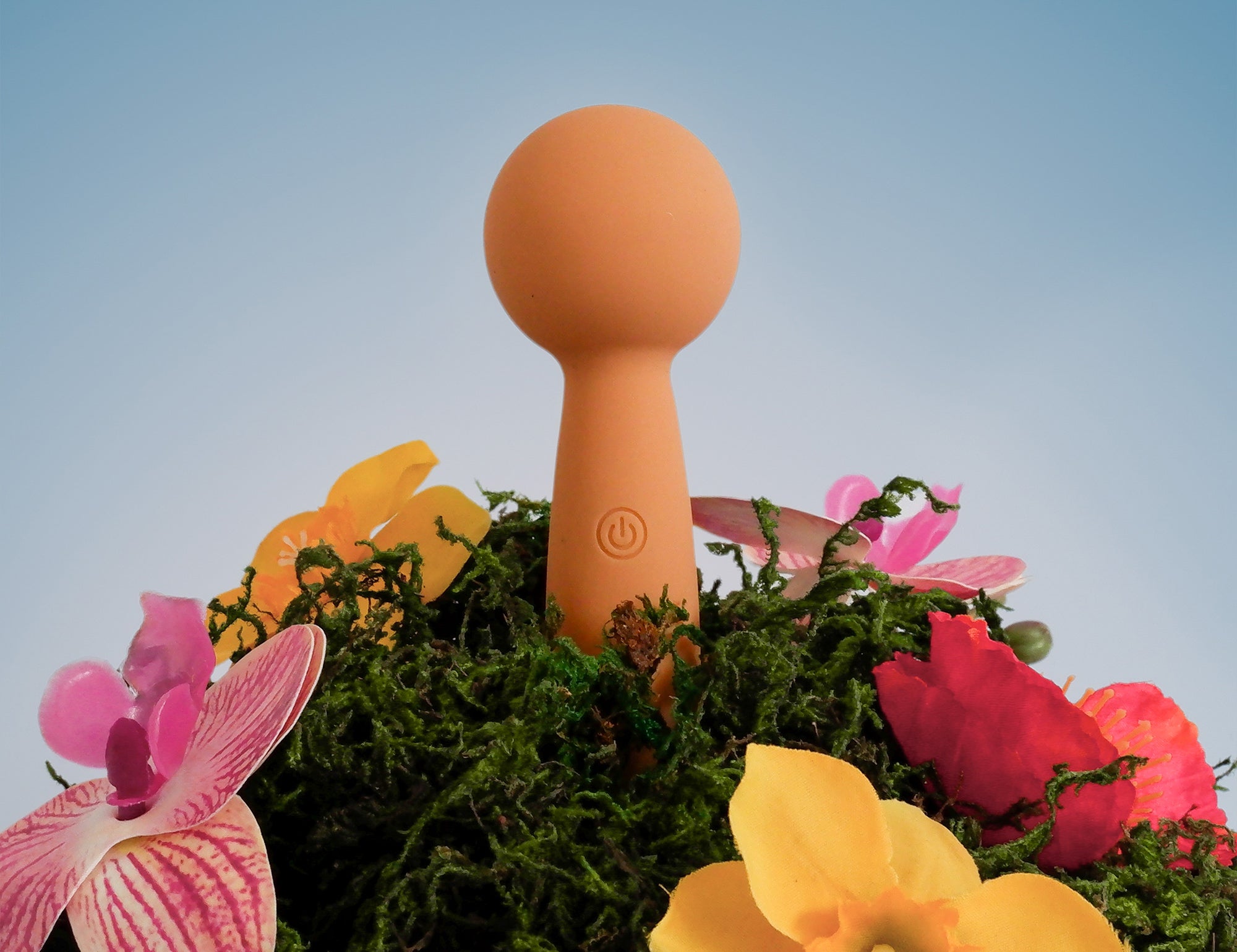With the uprising number of films with erotic themes in mainstream media - think the 50 Shades series and 365 Days - people are becoming more and more curious about the thrills of what you can do in the bedroom. Whether it's using sex toys for pleasure, the threesomes, or role-plays, everyone has been coming up with creative ideas on how to spice up their sexual lives. After all, sex can be very telling when it comes to relationships. Out of these tropes though, one specific thrill seems to be recurrent among the public these days – BDSM. But what exactly is BDSM? And what's the complex psychology behind why people like it?
First of all, let's define BDSM - what it is and what it is not.
BDSM is the umbrella term used to describe the consensual participation in a "Bondage/Discipline, Dominance/Submission, and Sadism and Masochism" activity. It involves play in power, pain, and often sex, although the latter is not always necessary.
This means that BDSM does not always equate to rough sex. The focus here is more on the possession of power through the experience, which makes the practice a strong ground for psychological and emotional expression. In other words, while BDSM is mostly associated with sex and the use of whips, or cuffs, and leather – it is more than just the physical pleasure that draws people into practicing BDSM. For many practitioners, it is the trust built, the shared values between the dominant and the submissive, and the intimate recognition of oneself that arises in these arranged, controlled, and consenting environments.
Sex therapists and doctors have long been vocal about how BDSM practice can positively impact our physical and mental health. They even go as far as saying that BDSM can help save our relationships. With communication and trust being the foundation of BDSM, this technique can help us deepen our connections. It also makes a difference for damaged relationships. For a dominatrix like myself, BDSM has introduced me to my inner psyche and made way for me to express the uniqueness of my sexuality. It helped me get in touch with my dominant side and opened my eyes to the reality of why my relationships don't work out the way I would otherwise hope for them to. The common denominator is there was a power struggle in those relationships and control issues present. The clash was frequent, and the sexual compatibility was not just there. This awareness helped me choose partners that are a good fit for me, eventually improving not only my sexual health but also my emotional and mental health.
There are plenty of BDSM plays available on the internet if you would like to introduce the practice to your relationship. You can also ask experts about some kinky activities that may be good and healthy for beginners. Researching about BDSM and kink in general will also help improve your understanding of the practice - how vital communication, trust, and consent are for your safety. When these foundations are present, the practice can be very rewarding and healing. However, since pop culture constantly portrays unrealistic BDSM relationships, romanticizing it may lead to disappointment.
That said, it's safe to say that BDSM is not for everyone. And it is perfectly okay to be vanilla - it does not mean you are uninteresting. Vanilla is not worse than kinky. It's just not kinky, and that's completely fine. At the end of it all, we express differently as unique individuals, and we should not do anything that surmounts our boundaries especially when it comes to sex. Different strokes for different folks, right?
By Coco Eje






